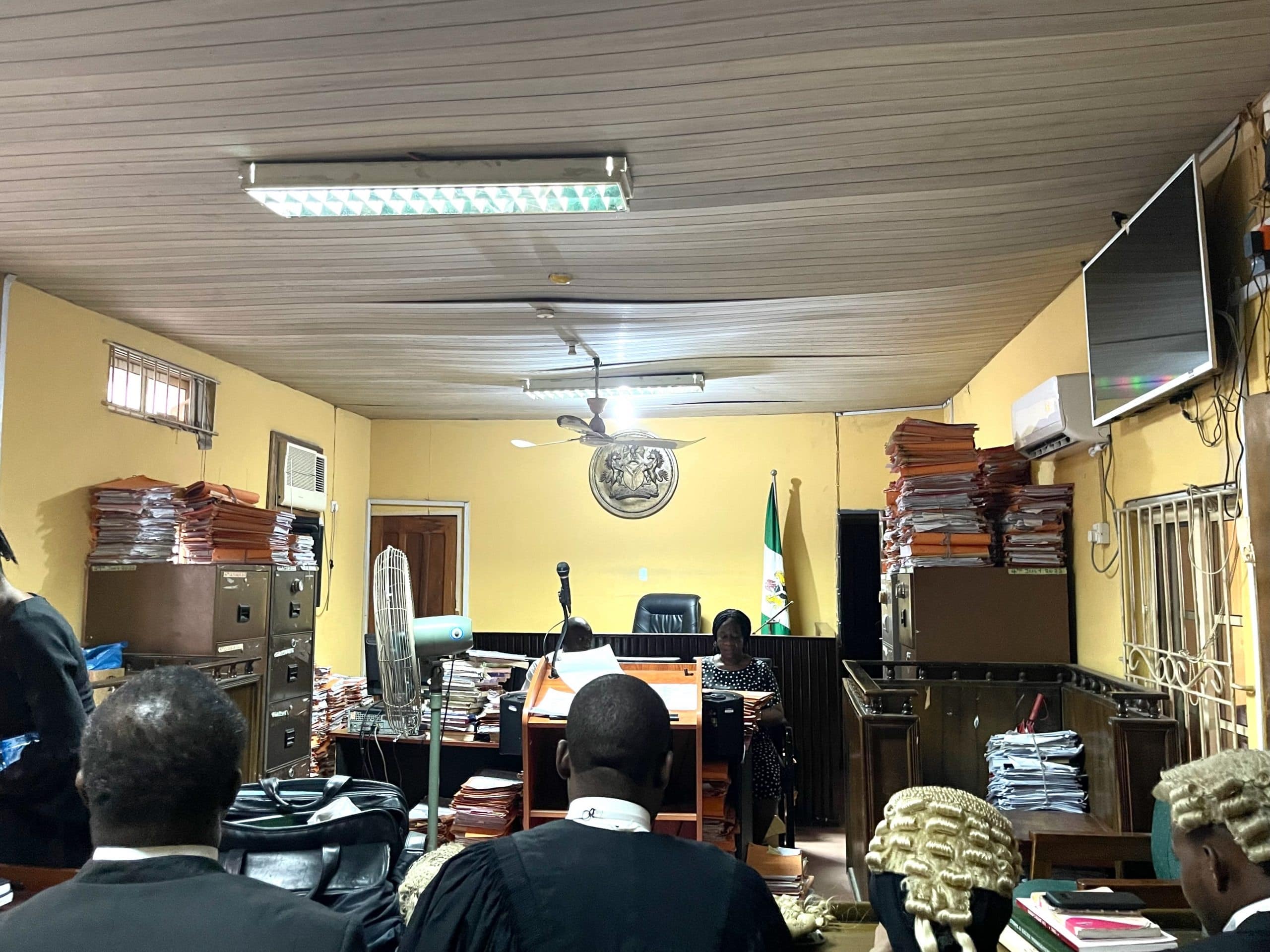The trial of Mohammed Berete, Traore Djankoba and Isiaka Musa is the latest in a series of cases against wildlife traffickers that have been brought before the Lagos Federal Court in Nigeria. The three were arrested in July 2021 by Nigerian Customs agents, who seized 196 sacks of pangolin scales, 29 sacks of elephant tusks, and more from the defendants. Recently, a representative from the Environmental Investigation Agency (EIA), a PCF grantee, attended this trial to document the proceedings as well as the challenges of seeking justice for wildlife crimes in Nigeria.
Unfortunately, this case has been delayed to November 2022, causing the EIA representative to question the justice system’s priorities and seriousness when it comes to prosecuting wildlife criminals. Despite the strong levels of investment and international recognition of wildlife trafficking as a serious crime, and Nigeria being one of the most significant global hubs for wildlife crimes, prosecutions against traffickers are all too rare. Many of these cases never reach a conclusion, further adding to the woefully low sense of urgency to punish wildlife criminals in court. Increased attention and dedication to reach sentencing is required to hold traffickers accountable and discourage further illegal activities that prey upon endangered wildlife, such as pangolins, elephants, and rhinos.
Read the full article here.


